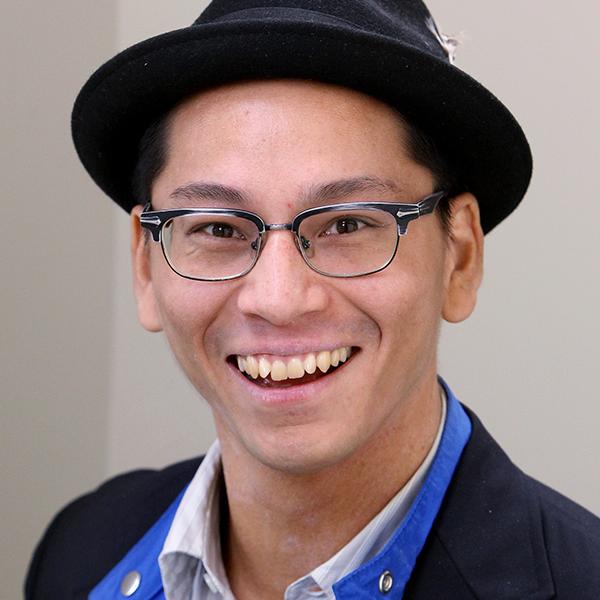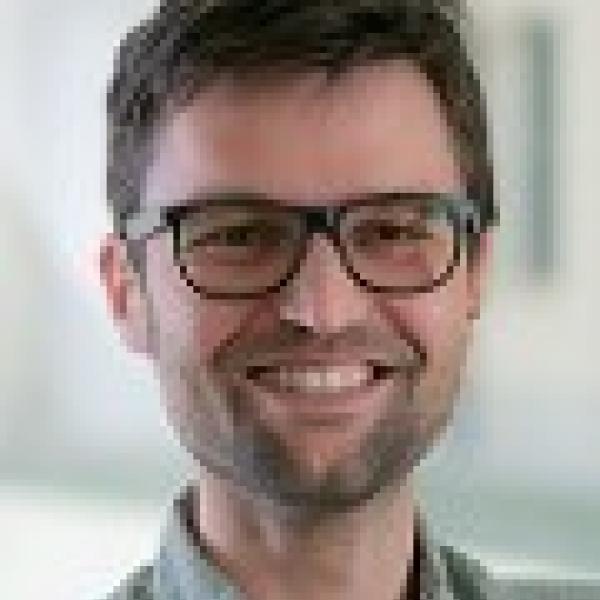
The Equity and Justice (EQU) Research Group is dedicated to mentoring and promoting PhD students who have an interest in integrating social sciences and ethics in systems analysis.
Every summer, researchers in the Equity and Justice (EQU) Research Group mentor PhD students as part of IIASA's Young Scientists Summer Program (YSSP). Early career researchers joining the EQU Research Group in the Population and Just Societies (POPJUS) Program have the chance to work in a dynamic interdisciplinary team of social scientists, economists, geographers, systems analysts, and ethicists who are motivated to integrate justice considerations into systems analysis and a wide array of sustainability and risk governance issues.
This unique justice focus in applied systems sciences is not only important from a scientific point of view but also key for effective policy and decision making, since at the heart of many – if not all – grand global challenges of our time lie aspects of, inter alia, social and environmental justice. Together with our YSSP students, we set out to identify and understand these ethical challenges and related potential conflicts in order to support the design and implementation of politically feasible policy measures.
We conduct inter- and transdisciplinary research at local, regional and global level with the aim to co-produce and co-design a space for sustainable and fair solutions to the grand challenges of our times. In addition to co-production methodologies, EQU has extensive experience and expertise in qualitative systems methods, quantitative economic modelling, empirical economics, as well as quantitative and qualitative social science methods.
Many of our previous YSSP collaborations resulted in highly relevant and impactful academic output as well as lasting professional collaborations. Research topics tackled within the YSSP program have previously included:
- Justice considerations and socioeconomic and governance challenges in (climate) risk management
- Governance of climate change adaptation and mitigation
- Co-production in sustainability research, climate policy and risk management
- The politics and ethical challenges in the context of Losses and Damages from Climate Change
Choosing your EQU mentor:
If you are interested in applying for the Young Scientists Summer Program at EQU, we invite you to directly contact potential mentors with your research idea and a short abstract of your PhD work for further guidance. You can identify potential mentors at EQU by looking through the EQU staff list and ongoing EQU projects to find the right fit. Alternatively, if you are interested in applying certain models, tools, or datasets that we work with, you can find further information about the researchers involved here.
If you have a topic that fits within our research program but are unsure who would be the most suitable mentor for you, please contact the EQU YSSP representative, Jenan Irshaid (irshaid@iiasa.ac.at), who will connect you to potential mentors.
YSSP positions are highly competitive and each research group at IIASA can accommodate only a few young scientists each summer. Thus, we encourage applicants to familiarize themselves with the YSSP FAQs, EQU research focus and methodology before getting in contact with us. We also strongly recommend potential applicants contact a suitable EQU researcher prior to the official application. Your prospective supervisor will be happy to provide some input and help guide your proposal.
Selected YSSP Publication
de Goër de Herve, M., Schinko, T., & Handmer, J. (2023). Risk justice: Boosting the contribution of risk management to sustainable development. Risk Analysis, 1–15. https://doi.org/10.1111/risa.14157
Kian Mintz-Woo, Francis Dennig, Hongxun Liu & Thomas Schinko (2021) Carbon pricing and COVID-19, Climate Policy, 21(10): 1272-1280, DOI: 10.1080/14693062.2020.1831432
Rosengren, L., Schinko, T., Sendzimir, J., Mohammed, A.-R., Buwah, R., Vihinen, H., & Raymond, C. (2023). Interlinkages between leverage points for strengthening adaptive capacity to climate change. Sustainability Science 10.1007/s11625-023-01327-y.
Schinko, T., N. Komendantova (2016). De-risking Investment into Concentrated Solar Power in North Africa: Impacts on the Costs of Electricity Generation Renewable Energy. Renewable Energy 92:262-292. doi:10.1016/j.renene.2016.02.009
Sieg, T., Schinko, T., Vogel, K., Mechler, R., Merz, B., Kreibich, H. (2019). Integrated assessment of short-term direct and indirect economic flood impacts including uncertainty quantification. PLoS ONE 14 (4): e0212932. DOI:10.1371/journal.pone.0212932.
Wallimann-Helmer, Ivo, Meyer, Lukas, Mintz-Woo, Kian, Schinko, Thomas & Serdeczny, Olivia (2019). The Ethical Challenges in the Context of Climate Loss and Damage. In: Mechler, R., Bouwer, L., Schinko, T., Surminski, S., Linnerooth-Bayer, J. (eds) Loss and Damage from Climate Change. Climate Risk Management, Policy and Governance. Springer, Cham. https://doi.org/10.1007/978-3-319-72026-5_2
“The YSSP has been a great opportunity on my PhD journey. It has enabled me to meet great collaborators and discover a new working environment. Merging innovative ideas to address societally relevant challenges is very stimulating!”
"YSSP has been a rewarding experience with great scholars from all over the world, who never hesitate to give a minute of their time to share some insight that helps improve your work. I was part of the POPJUS-EQU group, where I got the chance to meet like-minded passionate researchers over coffee, during lunch and up in the vineyards of Vienna. I very much enjoyed this time to converse on the grand societal challenges of today and hope to continue working together far into the future."

“My experience as a YSSPer was excellent -- I was exposed to a variety of interesting scientific projects, a great group of people and dedicated mentorship. It was so successful that I have retained ties with IIASA and am happy to be on research projects with many I met through my YSSP time. I would encourage any ambitious young scientists to come participate."

IIASA's YSSP, i.e., the exposure to some of the worlds’ brightest systems scientists, has fundamentally changed my research approach in the field of climate change (economics). After this summer of 2014, I knew that this is the place where I want to conduct research after finishing my PhD – and I am still here."
